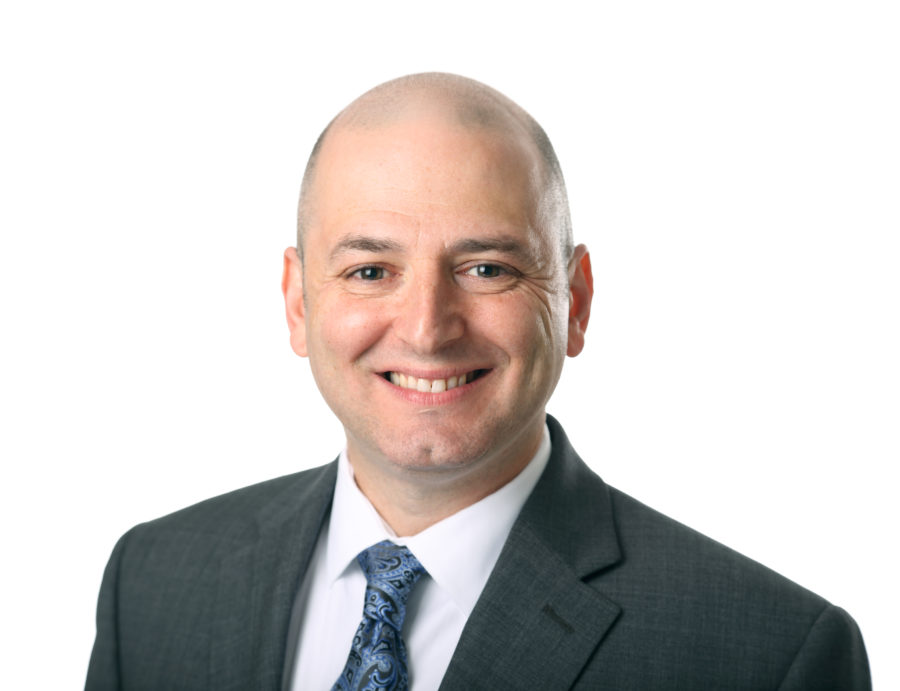Brian Primack, a Pitt alumnus and professor in the School of Medicine, gained another title earlier this month when Pitt named him to replace Edward Stricker as dean of the University Honors College. In anticipation of the beginning of his tenure, set to start July 1, The Pitt News asked Primack to discuss his plans and how he’ll deal with issues that came to the surface during Stricker’s time as head of the college.
The Pitt News: What are your top priorities going forward this upcoming academic year for the Honors College?
Brian Primack: I very much look forward to getting to know the many people involved in the Honors College this year. This includes students, staff, faculty fellows and alumni. I’ll be asking them all what direction they would like to see the Honors College go in the future. A couple more specific goals are to increase offerings in the humanities and social sciences and to start a regular Dean’s Blog highlighting student, staff, faculty and alumni accomplishments.
TPN: How do you see your academic background influencing the way you perform your duties as UHC dean?
Primack: It is true that I have studied the natural sciences and practiced medicine. However, I actually wouldn’t consider this my primary academic background. In fact, both of my master’s degrees and my Ph.D. focused on multidisciplinary social sciences involving fields such as human development, psychology and sociology. And for my undergraduate work I primarily studied English, abstract mathematics and music. In fact, I only took one natural sciences course in all of college, and that was botany.
So, I certainly am interested in the natural sciences and am proud of my background in that area. But I also have substantial interest in the humanities and social sciences that I will bring to my new role in the UHC.
TPN: There was some controversy during former Dean Stricker’s tenure as UHC head regarding what some students saw as an overemphasis on formal research instead of “intellectual curiosity” more broadly. How do you see yourself striking a balance between these two?
Primack: I hope to strike this balance by continuing many of the valuable research programs we have — such as the Brackenridge program — but by tweaking them to emphasize more intellectual curiosity. For example, we hope to increase the amount of interaction among participants so that everyone is learning more about each other’s projects. I would also like to explore having more multidisciplinary special seminars developed by students. By crossing traditional academic boundaries, I hope to expose students to multiple perspectives and spark their intellectual curiosity.
I think it is also important to emphasize that, in addition to academic attainment and intellectual curiosity, another important pillar of the UHC is community engagement and service. So I plan to increase our efforts in this area as well.
TPN: Where, if anywhere, can undergraduate students who interact with the UHC expect to see change under your leadership?
Primack: One important thing to clarify right away is that I have a standing “open door” policy for all undergraduate students. I look forward to hearing their concerns, questions, suggestions and updates on their experiences. I also am happy to hear not only from students who have in the past been involved with the UHC but also with students who have not yet and are interested in learning more about what we offer.


